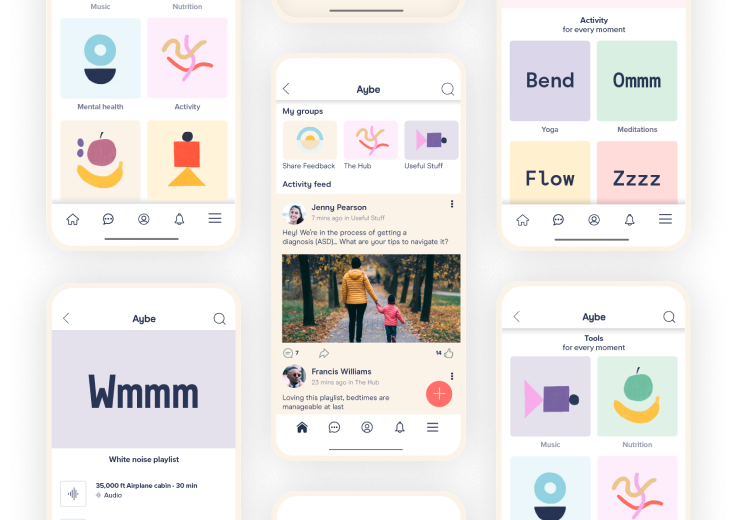ND and Nutrition: What Should I Supplement for ADHD, Autism, Dyslexia and Dyspraxia?

What you eat affects your brain. Dietary measures are a core part of support for neurodivergent conditions. The right nutritional supplement can help alleviate symptoms of some conditions, such as ADHD, Autism, Dyslexia, and Dyspraxia, and prevent other issues from cropping up.
Common Nutritional Deficiencies Seen in Neurodiverse Diagnoses
Certain nutrients are more likely to be deficient in people with particular neurodivergence, whether that’s because of a fundamental deficiency caused by genetics, or environmental influences.
Outside influences like stress, trauma, and social issues like socioeconomic status play a role, as they can lead to difficulties accessing the resources and food to maintain a healthy diet, as well. Each condition and person will have different nutritional results and needs.
Join the Community
Download the app to access more specialist advice, community support and wellbeing tools.
Join today as a Contributor member to gain free* access!
Download now
*Free access, in return for contributing to Aybe on a weekly basis, for example by commenting, liking, responding to feedback requests. See Terms & Conditions.

Here are examples of vitamins and minerals that are deficient with certain neurodiverse diagnoses:
ADHD:
Magnesium, fatty acids, zinc, iron, and vitamin D
ASD/ASC:
Vitamin B1, B6, and B12, choline, calcium, potassium, pantothenic acid, fatty acids and Omega-3, and vitamin D
Dyslexia, dyspraxia, dyscalculia, dysgraphia:
Omega-3 and fatty acids
Other neurodiverse conditions:
Vitamin B3, B5, C, biotin, taurine, selenium, magnesium, and fat soluble vitamins A, D, K and E
It’s worth noting that some of these nutrition deficiencies may also occur because of the way their neurodivergence manifests. For example, an autistic or dyspraxic may consume fewer nutrient-rich foods because they dislike a texture or strong taste.
3 Tips to Address Nutritional Deficiencies
- Adopt an Integrative Nutritional Approach: There is no one-size-fits-all approach, so a tailored integrative nutritional plan mapped out with professionals is crucial to reducing stress and symptoms of neurodiverse conditions. Nutritional deficiencies can accompany or contribute to symptoms of neurodiverse conditions in the school, the workplace, or in everyday life.
- Nutritional Supplementation for Mineral Deficiencies: Bringing the nutrient levels back up to the expected range can make a big impact. For example, many ADHDers have iron deficiencies and can experience symptoms increasing in severity with the disparity of iron levels. Keeping a diet that is balanced with iron, such as eggs, nuts, fish and beans could be helpful in combating symptoms associated with ADHD. For the learning differences and other conditions that are impacted by deficient essential fats and Omega-3s, it is important to make sure we are getting the right amounts of these fatty acids, whether directly through foods like flax seeds, organic milk and certain fish, or through vitamins and oils.
- Work with Specialists: If picky eating or sensitivity to particular foods is behind some of the deficiencies, you can work with your healthcare provider to create a plan to slowly introduce needed foods and supplements as much as possible.
More Resources and Support
Take a look at our resources and community to find what steps you can immediately start. An integrative health and nutritional approach, with the help of your doctor or provider, is a great way to help counter symptoms of vitamin and nutrient deficiencies.
Do you have any questions or tips from an experience with neurodivergence or with nutritional deficiencies you’d like to share? We’d love to hear about them! We’d also love to know if there are any particular tools you’d like to read or have added.
Join the Community
Download the app to access more specialist advice, community support and wellbeing tools.
Join today as a Contributor member to gain free* access!
Download now
*Free access, in return for contributing to Aybe on a weekly basis, for example by commenting, liking, responding to feedback requests. See Terms & Conditions.






